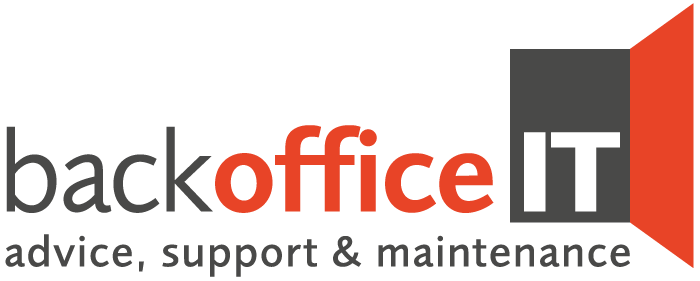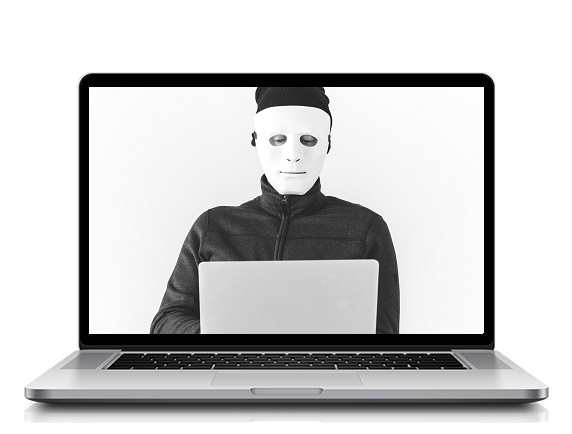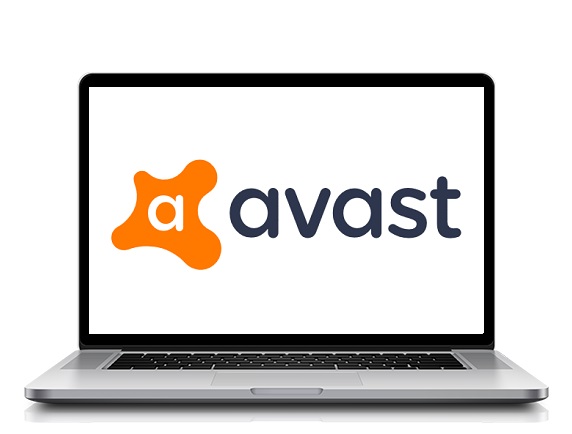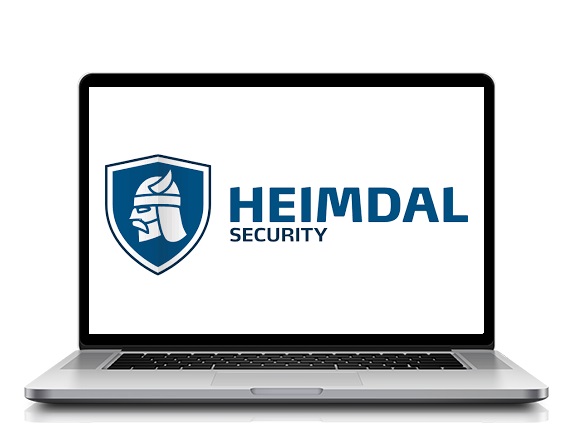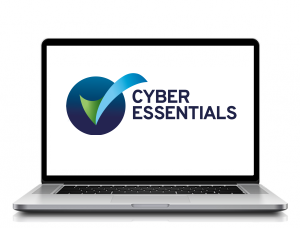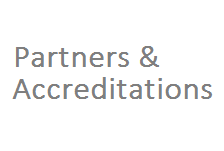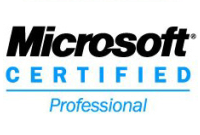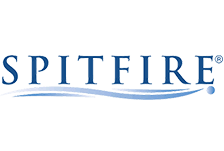Security of your systems is becoming ever more important, especially with the emergence of highly capable cyber crime gangs and even state-sponsored cyber terrorism. The the traditional cornerstone of PC security is antivirus software (know known as an ‘endpoint client): we are long term users of the Avast business endpoint security system.
But attacks on your system can come from any place, at any time. And just relying on your antivirus software is no longer enough. There are many vectors of attack that do not involve delivering a ‘virus’ to your PC: probably the best known is the ‘phishing’ attack whereby the scammers use email to persuade the recipient to do something inappropriate.
For the criminals the delivery is cheap, and the potential rewards are high. So they employ the “scatter-gun” approach: compromising millions of computers in the hope that one or two will become profitable. But – even if your system isn’t being used for malicious purposes – the pain and cost of clearing up the mess is just the same. Prevention is better than cure.
And because the threat is now multi-faceted, the range of services to counter them is similarly diverse.
Finally, if you suspect you have a problem, don’t turn a blind eye to it: ask us sooner rather than later.
Modern end-point security (anti virus) is still the core of your defence system, which is why we insist all systems leaving Back Office IT have viable anti-virus as a minimum. As noted elsewhere, our contract customers get Avast Business AV included in their package.
Cyber Essentials is a Government initiative aimed at promoting a minimum standard for the security of a business’ IT systems. There are two standards: Cyber Essentials (which is self-certified) and Cyber Essentials Plus (which is audited).
It will become increasingly frequent that Cyber Essentials certification appears as a requirement of doing business with your customers: many large organisations (e.g. RailTrack & Government contracts) already have this as a mandatory requirement. And it’s only a matter of time before affordable business insurance also requires this.
If you want to increase the security of your communications (especially external ones) then a security certificate is one of the tools you can use. Having your own SSL certificate is becoming more popular, especially as current versions of Outlook get very unhappy dealing with email servers that don’t have a valid security certificate.
What is it? It is as a specially crafted file that is installed onto your server. Normally it is issued to you by a ‘trusted provider’ who validates the integrity of the certificate.
What does it do? It has two functions. Firstly it encrypts the data flowing between the server and your PC, making it more difficult for people to intercept the information passing over the public Internet. Secondly it checks that the Internet address you have arrived at matches the address for which the certificate was issued. So, if you go to bbc.co.uk and you see the ‘green padlock’ you can be pretty certain that the site you are looking at is really bbc.co.uk. This certainty is only as good as the supplier of the certificate, so you need to choose a reliable one!
SSL certificates are renewed annually. Basic ones, from a reputable supplier, start from as little as £50 p.a. If you are running your own Exchange Server, or have remote desktop functionality, then these are highly recommended.
Protecting personal information and credentials is crucial in today’s digital landscape. It’s wise to stay vigilant and proactive against threats like data breaches and identity theft.
Back Office IT have a tool that scans the dark web for instances of compromised credentials. If any are found it alerts the user: this is a valuable resource for enhancing security measures. It empowers individuals to take necessary actions to safeguard their online accounts and information.
If you’re interested in learning more about Back Office IT’s tool and how it can help enhance your security posture, feel free to reach out for further information and guidance. It’s always better to be proactive in securing your digital presence and mitigating potential risks.
Cyber Security & Mail Solutions Company Worcestershire

